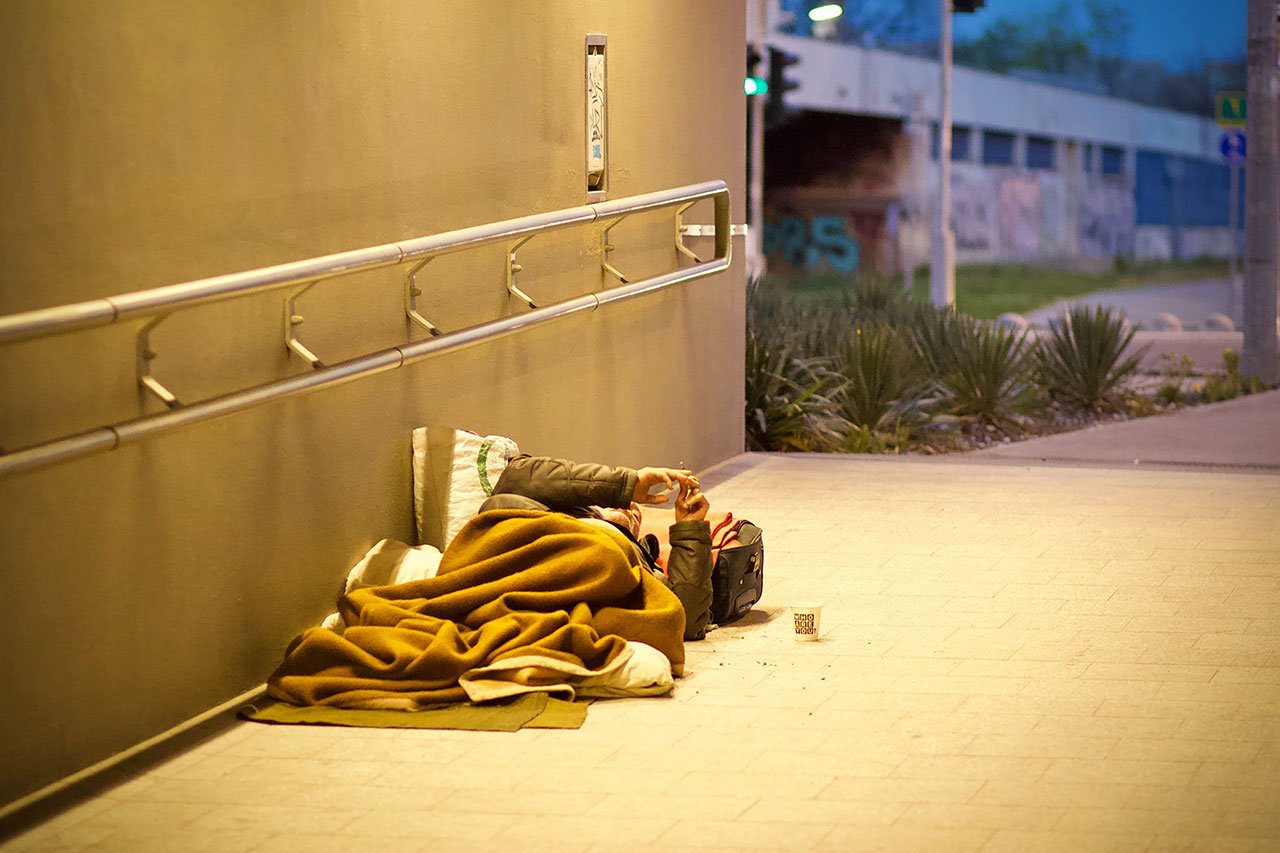
Nestled in a coastal enclave just 20 miles south of the Oregon state line, Crescent City may seem like an unlikely frontier for California’s good work in housing justice innovation. Crescent City is surrounded by State Parks and sits hundreds of miles north and northwest of California’s major metropolitan areas.
This small enclave is the largest city in Del Norte County, which is home to under 30,000 residents. Del Norte is expansive and rural, making Crescent City the flocking grounds for homeless people who find it challenging to survive elsewhere in the area. According to a recent survey, fewer than 1% of the local population is unhoused, though that number is likely an underestimate. The area faces a small sliver of the housing inequity challenges the San Francisco Bay Area and Los Angeles face, where conversations about California’s homelessness crisis are generally directed. That said, even before the pandemic, Del Norte County struggled to provide shelter for those in need. There is limited housing, period – even for people who do not face economic precarity. Del Norte County’s director of health and human services claims that there were no local homeless shelters, either.
With no existing space to house people, the county would pay to rent rooms at a nearby motel to offer a temporary solution for the unhoused or at-risk people. This created a short-term stopgap for people fleeing abusive households, returning to town after psychiatric hospital stays, or attempting to become sober. The motel became an essential local offering in the early days of the pandemic when people who lacked safe living conditions used it to quarantine after being exposed to COVID-19 or to avoid exposure altogether. In October 2020, the state of California granted Del Norte County sufficient funding to buy the motel and turn it into affordable housing. The Project Turnkey initiative made this purchase possible. Through Project Turnkey, counties are purchasing old motels and other dwelling spaces and transforming them into long-term housing options. The Crescent City motel-turned-residence, now called the Legacy, can accommodate 17% of the county’s homeless people.
The Legacy’s 30 rooms represent a fraction of the 7,000 units that have already been converted into permanent housing through Project Turnkey. While it took conditions of scarcity to bring this project to life in Crescent City, more dense populations in California might look to this small town’s experience in shaping affordable housing solutions for cities. For one thing, the Legacy is located near a highway that is flanked by amenities, including grocery stores, laundromats, a drug store, and restaurants. Residents do not need to drive or take complicated public transit routes to provide basic conveniences. The Legacy offers services for residents in the form of caseworkers, social workers, and behavioral health experts. When conflicts arise between tenants or someone behaves erratically, there is a team on the ground to offer help, keep people safe, and remind them to take care of themselves.
Motels and other buildings alone cannot solve Los Angeles’ housing crisis. What excites us about Project Turnkey is the state’s explicit intent to fund both mental health services and affordable housing. At Maryvale, we see housing justice as a nuanced blend of supporting people with material and therapeutic benefits. We bring this into our philosophy with the Seton House program. This program will provide safe, temporary housing for single mothers and their young children who need support and resources. Our aim with Seton House is to equip single mothers to adjust the direction of their lives. This program will offer mental health support, nourishing meals, and a sense of community to unhoused women and children. We will help the residents in our care build resiliency and life skills to seek steady employment and permanent housing. Learn more about how our planned housing services will provide life-changing care to the women and families who need it most.






